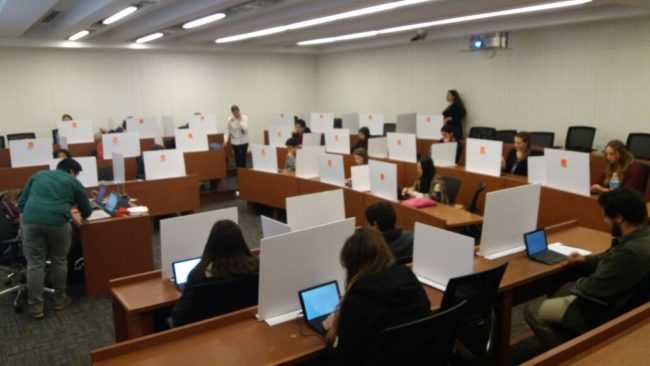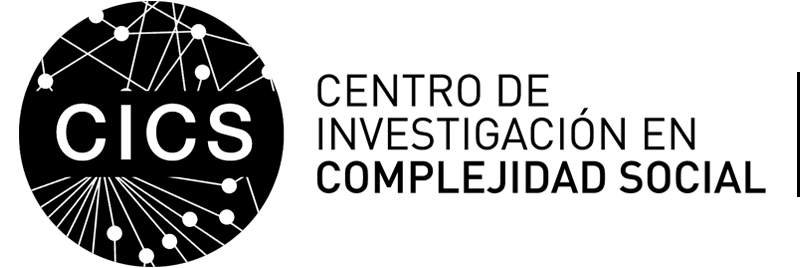Who cheated?: a social experiment
Thursday, 9 November, 2017 | NEWS
Professor Raymond Duch, researcher at the University of Oxford, is dedicated to the study of cheating and the behavioral variables that are related to people who tend to cheat. Through the alliance between the Center for Experimental Social Sciences (CESS) and the Universidad Santiago (USACH), we participate in the application of one of its experimental methods in undergraduate students of the Universidad del Desarrollo (UDD) to measure social behavior.
Why do people cheat when it comes to declare their taxes? What are the characteristics of people who tend to perform these tricks? To understand this, Raymond Duch – Director of the Center for Experimental Social Sciences, Official Fellow of Nuffield College of the University of Oxford and one of the most prominent experimental researchers in the social sciences of the world – analyzes behavior centered on the anti-social aspect of the people that don’t follow the rules of redistribution: cheating.
In his work he studies the relationship between taxes and citizen preferences, which is inserted in the CESS program to generate experimental research in the areas of public policy and economy for Chile and Latin America, through an alliance with the Faculty of Administration and Economics of the USACH. The Center for Complexity in Social Research (CICS), committed to promoting and supporting the use of these methods, joined this project through the application of a social experiment with the undergraduate students of the UDD.
All over the world 1,100 people have participated in this experiment: 400 are Chilean and, of these, 84 are from our university. Students of architecture, psychology, engineering, political science and law participated in decision-making exercises designed under the standards of the CESS. In groups of 16 people, they played simultaneously through tablets in exchange for a monetary reward that depended on the decisions made in each of five modules.

The first is “the game of the dictator”. Here, they had to decide how much of the resources that are given to them they will keep and how much they will distribute to another person they do not know. One half of the group has to give and the other half, receive. It is expected that zero will be sent, but in general what most people decide is to deliver half.
The second game involves making sums of two-digit numbers. The amount of resources you collect will depend on your mathematical abilities, since it is calculated for each correct sum. The national average is 9 good answers. According to what they obtain they must declare their income and, to that, a discount is applied (which can vary between 10% and 30%). In a first round there is no audit and in the second round, the possibility of you being audited varies between 10% and 20%.
Fourth, there is the risk aversion test: participants must make 10 decisions under risk to see how much they tolerate and thus measure regression. This is accompanied by a questionnaire about integrity, gender, age, etc.
Finally, they play the game of truth. Each one rolls a die anonymously and declares the number they get. The prize depends on the greater value, so the incentive is to always declare 6. However, mathematically we know that distribution of all numbers is a sixth (because it is a die not loaded) so, if they declare 6 more times, we know in what proportion they declared a false data.
This series of exercises allows identifying certain behavioral variables that are related to cheating, such as the antisocial aspect of the trap, and how it varies according to the tax rate applied.
The students who participated highlighted how interesting and entertaining this experience was, and declared their desire to participate again in instances “of this type”. However, not everyone was very much in agreement with the meaning of this experiment: some pointed out that it was to measure decision making, while others felt that individual skills and their ability to manage resources were measured.
The CESS also maintains a commitment to share the knowledge it generates, so it also carries out academic activities and, currently, applications are open to participate in the 5th International Meeting on Experimental and Behavioral Social Sciences (IMEBESS) to be held between May 3 and 5, 2018 in Florence, Italy.


